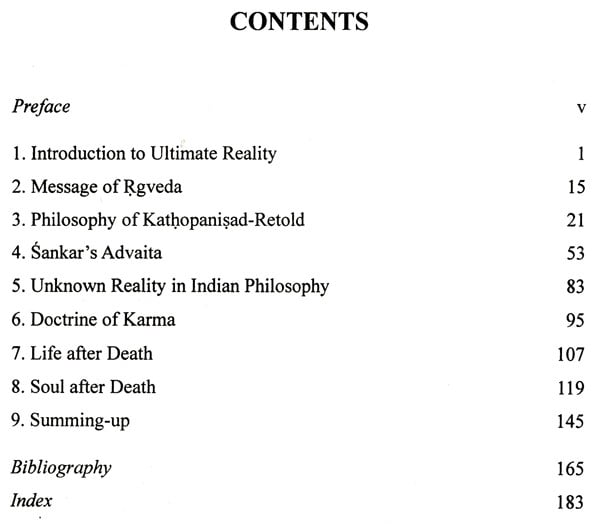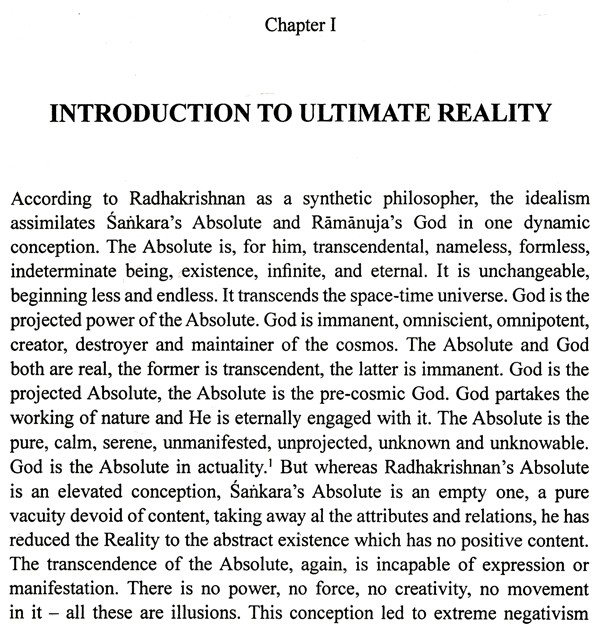
Cultural Aspects of the Life
Book Specification
| Item Code: | AZH072 |
| Author: | Kamal Shankar Srivastava |
| Publisher: | AGAM KALA PRAKASHAN, DELHI |
| Language: | ENGLISH |
| Edition: | 2015 |
| ISBN: | 9788173201530 |
| Pages: | 194 |
| Cover: | HARDCOVER |
| Other Details | 10.00x7.50 inches |
| Weight | 534 gm |
Book Description
The present work entitled, "cultural aspects of the life" is an attempt to trace an account of the life after death, which is still a matter of unknown reality. The great conqueror of Greece, Alexander also influenced to expand his message to the whole world that everyone had to depart empty handed.
The adoption of the motifs described in present monograph is traced, with the dynamic reality of nature and divine aspects of the death, which is free from tyranny of senses and languages, apart from the concept of heaven, where there is no fear.
DR. Kamal S. Srivastava, (IAS) born in Varanasi (U.P.)., Indian Eminent Scholar, Indologist, Museologist, Journalist, Art Historian and Academician turned Administrator. Obtained the Post-Graduate degrees (M.A.s) in 15 (fifteen) different disciplines (i) Ancient Indian History, culture and Archaeology (ii) History (iii) Museology (iv) English Literature (v) Mass-Communication (vi) Public Administration (vii) Sociology (viii) Hindi Literature (ix) Sanskrit Literature (x) Philosophy & Religion (xi) Political Science & (xii) Social work, (xiii) Economics, (xiv) Defence Studies & (xv) Linguistics, apart from Master of Business Administration (MBA-HRM) and Master of Law (LL.M.). Awarded H.H.U. Gold - Medal in 1981. In 1985, Awarded Ph.D. degree in AIHC & Archaeology, Museology from BHU, Varanasi.
It is a sort of confusion among the people regarding the reality after departure of the soul. Different religions describe different modes and different opinions. It is not the criticism to write author's view related to those opinions. Indeed, the ritualistic portion of the sacred religious books, Vedas describe the various rites and ceremonies, which are necessary for this attainment of earthly pleasure and celestial happiness. The main object of the Vedic rituals was to direct the human souls to the highest felicity of heaven. Heaven is meant for those, who have lived a virtuous and righteous life of this earth. But in those ancient times, the seers did not believe in an eternal hell. The idea of a hell or of an eternal punishment did not strike their minds. On the contrary, they believed in the law of cause and sequence. Even in the earliest scripture, we find the belief in this law of cause and sequence, that is the law of Karma.
**Contents and Sample Pages**










